Nollywood star and international commentator, Joe Okechukwu, has described as “interesting” the action of the Saudi Arabia crown Prince, Mohammed bin Salman, who refused to renew 50-year petrodollar deal with the United States and subsequently declined the invitation to attend the G7 Summit holding in Italy.
The Petrodollar deal between the US and Saudi Arabia was signed on 8 June 1974 and expired on 9 June, but the Middle East country decided not to renew it according to media reports.
Join our WhatsApp ChannelThe agreement was that the Kingdom of Saudi Arabia would sell its oil exclusively in US dollars in exchange for military aid. Analysts believe that the agreement ensured a steady supply of US dollars in the international market thereby reinforcing its status as the world’s primary reserve currency and putting the US in a vantage position to exert significant influence over the global financial system.
Mr Okechukwu, in a post on his X handle, asserted that the Saudi’s action reflects a geopolitical shift and possible alignment with the BRICS (Brazil, Russia, India, China and South Africa) group and also entrenches a multi-polar system in international relations.
His post reads: “INTERESTING: So, right after his refusal to renew the 50-year-old ‘petrodollar’ agreement with the United States, the Saudi Prince also declined an invitation to attend the G7 meeting hosted this year by Italy.”
According to a report by the Saudi Press Agency on Wednesday, the Prince sent a message to Italian Prime Minister, Giorgia Meloni, thanking her for the invitation but said he is unable to participate in the G7 Summit because of his obligations to supervise the work of officials in the Kingdom during Hajj season.
READ ALSO: Robert Kyosaki Predicts Fall Of Middle Class As BRICS Nations Move Away From Dollar
Some said Prince Salman’s engagement with Hajj activities in the Kingdom as a reason for not attending the G7 Summit was tenable because the Hajj began on 14 June while the Summit holds from 13 to 15 June at Borgo Egnazia in the southern Puglia region of Italy, and might not be linked to his refusal to renew the petrodollar agreement.
However, others like the Nigerian international affairs commentator believe it points towards a potential realignment of alliances in the future.
G7 is a group of major industrialized countries in the world including the United States, Canada, France, Germany, Italy, Japan, and the United Kingdom. According to the Council on Foreign Relations, they meet every year to discuss issues such as global economic governance, international security, and, most recently, artificial intelligence (AI). It was formally G8 when Russia was a member but became G7 when Russia was suspended in 2014 following its annexation of Ukraine’s Crimea region and the crisis that occurred then.
There are indications that terminating the petrodollar deal could have some consequences for the US such as reducing global demand for the dollar, adoption of other currencies like the Euro, Chinese Yuan, Japanese Yen, and even cryptocurrencies in international trade, and realignment of global alliances, perhaps, strengthening ties with major powers such China or Russia. Reducing the dominance of the dollar in international financial transactions is one of the agenda being pushed by BRICS.
Victor Ezeja is a passionate journalist with seven years of experience writing on economy, politics and energy. He holds a Master's degree in Mass Communication.

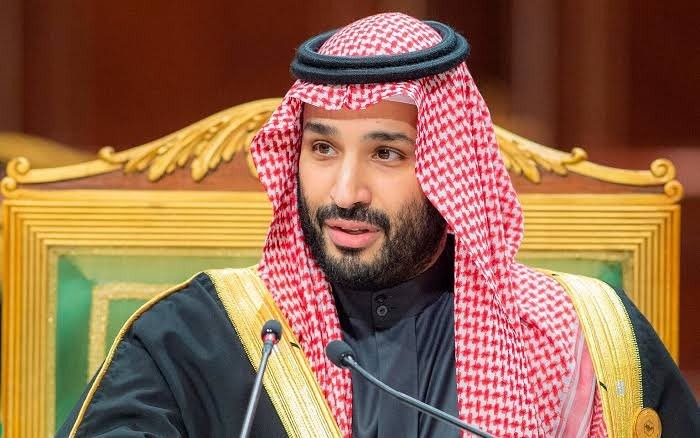



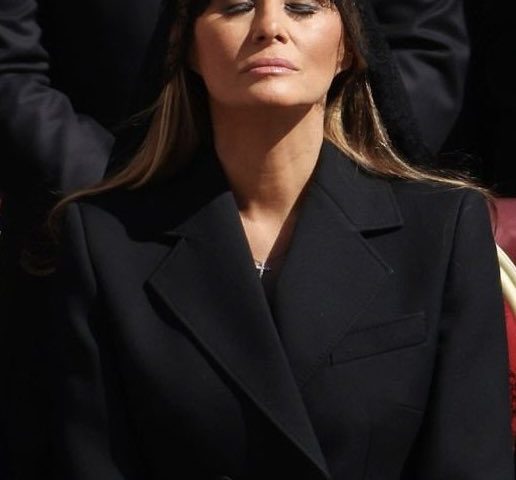
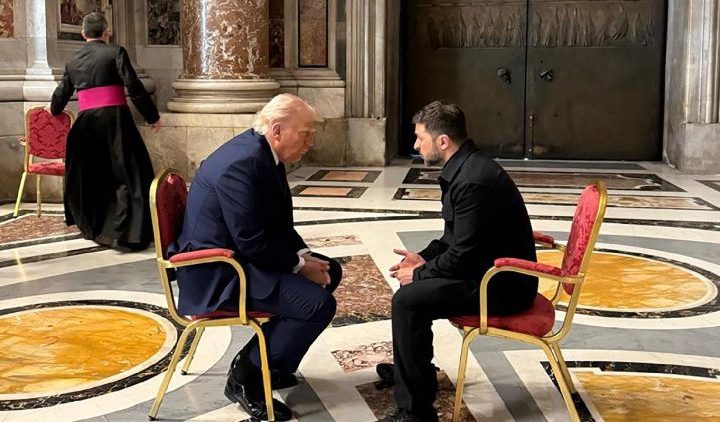
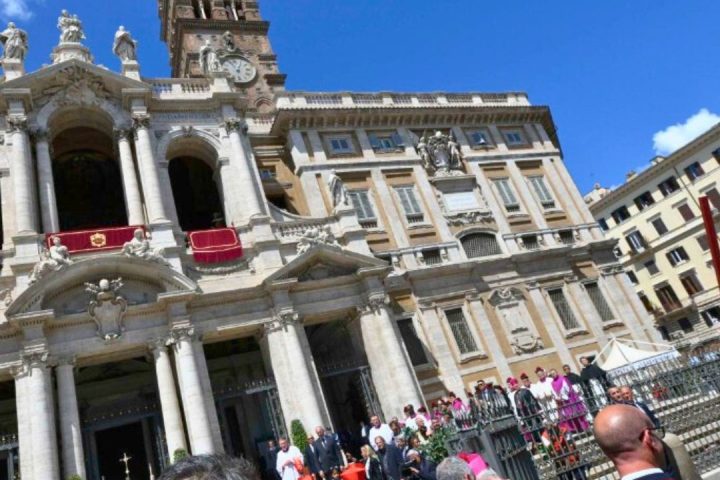









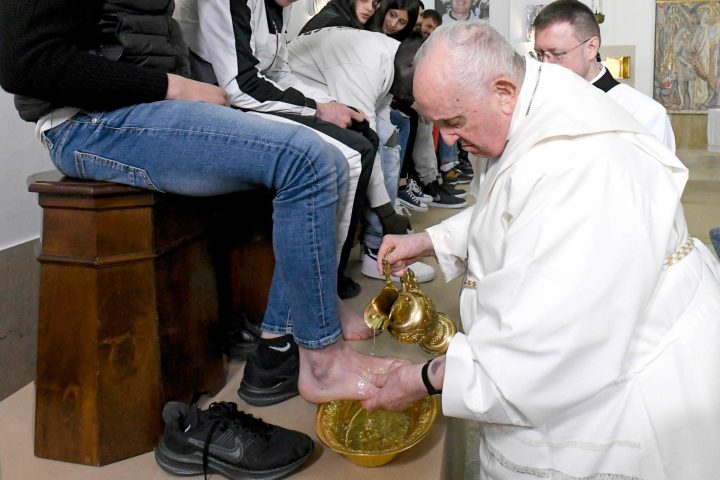
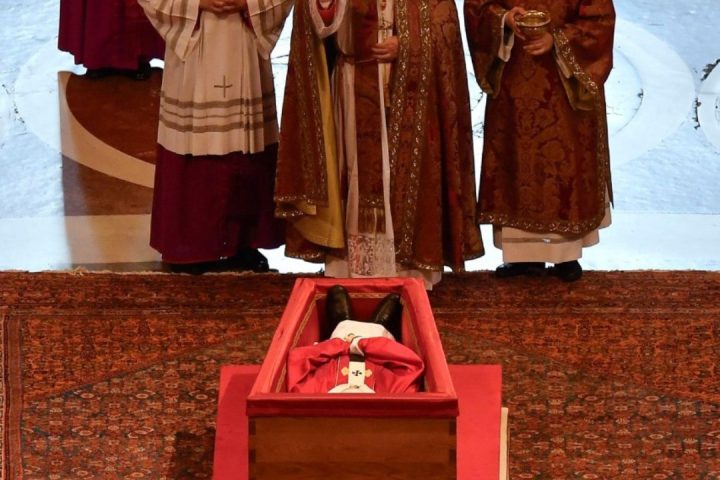
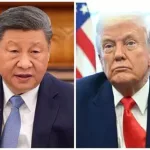
Follow Us